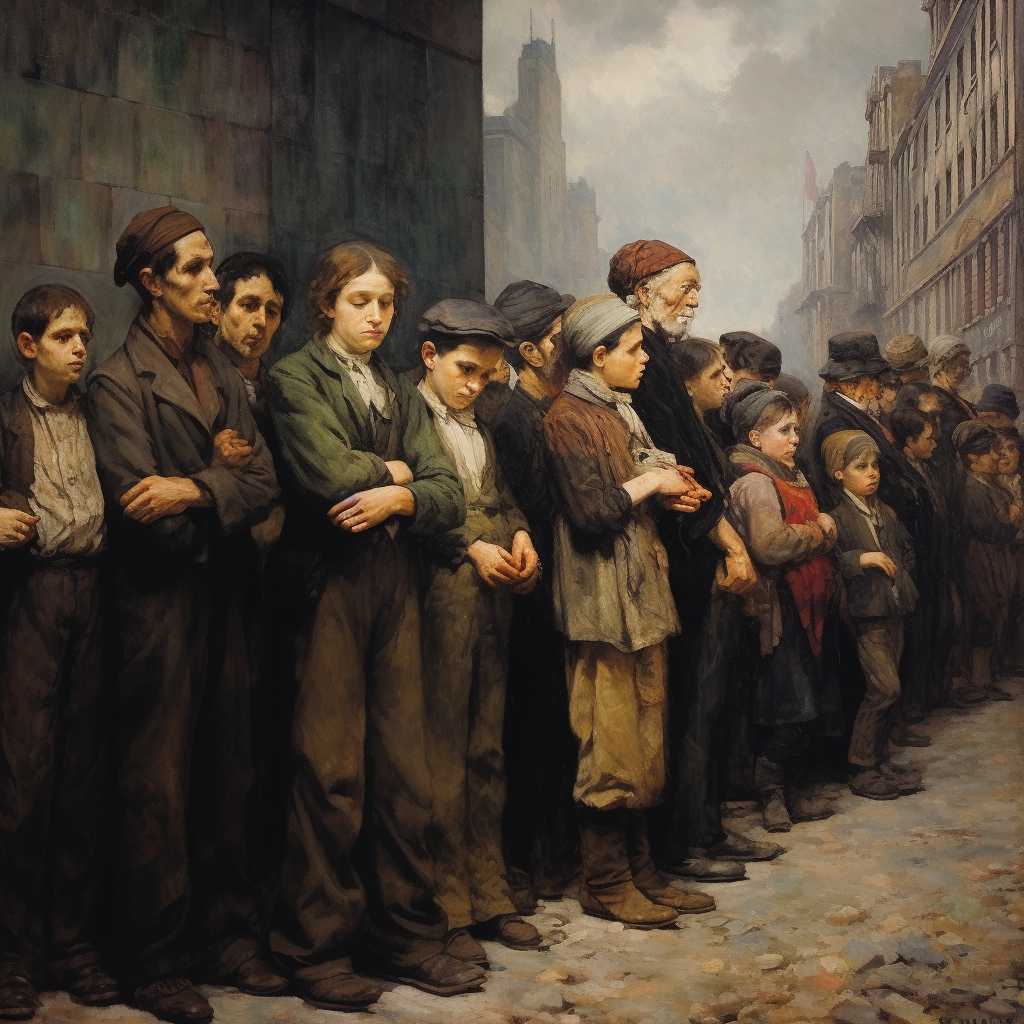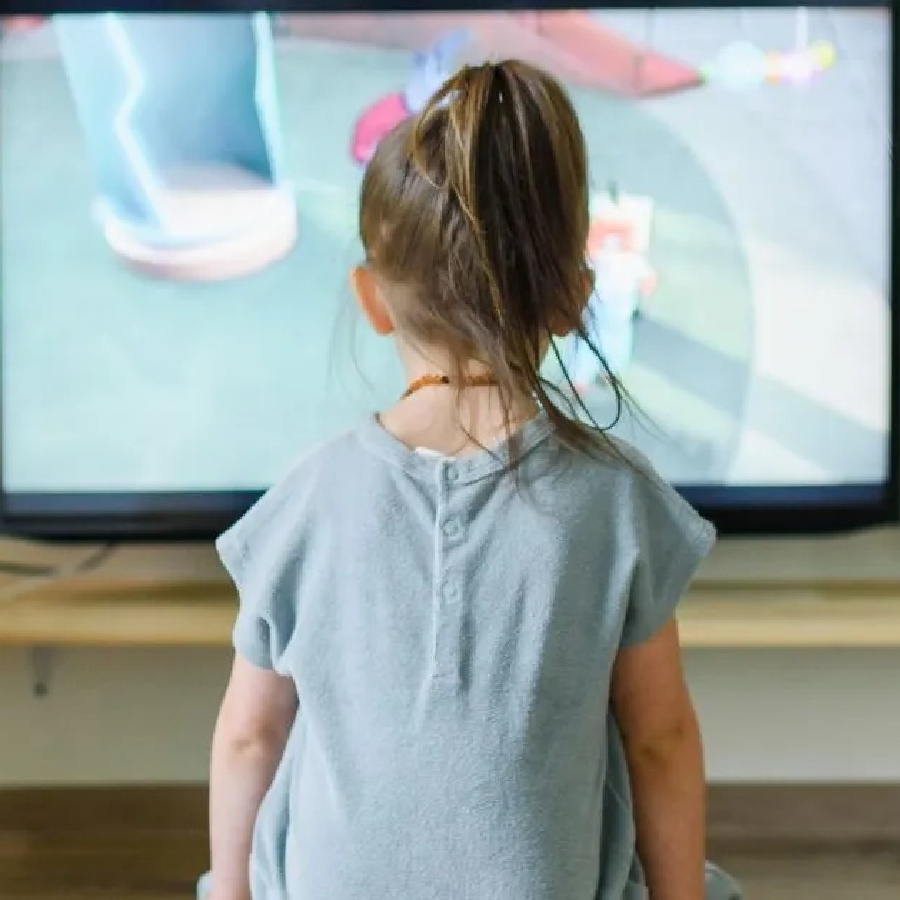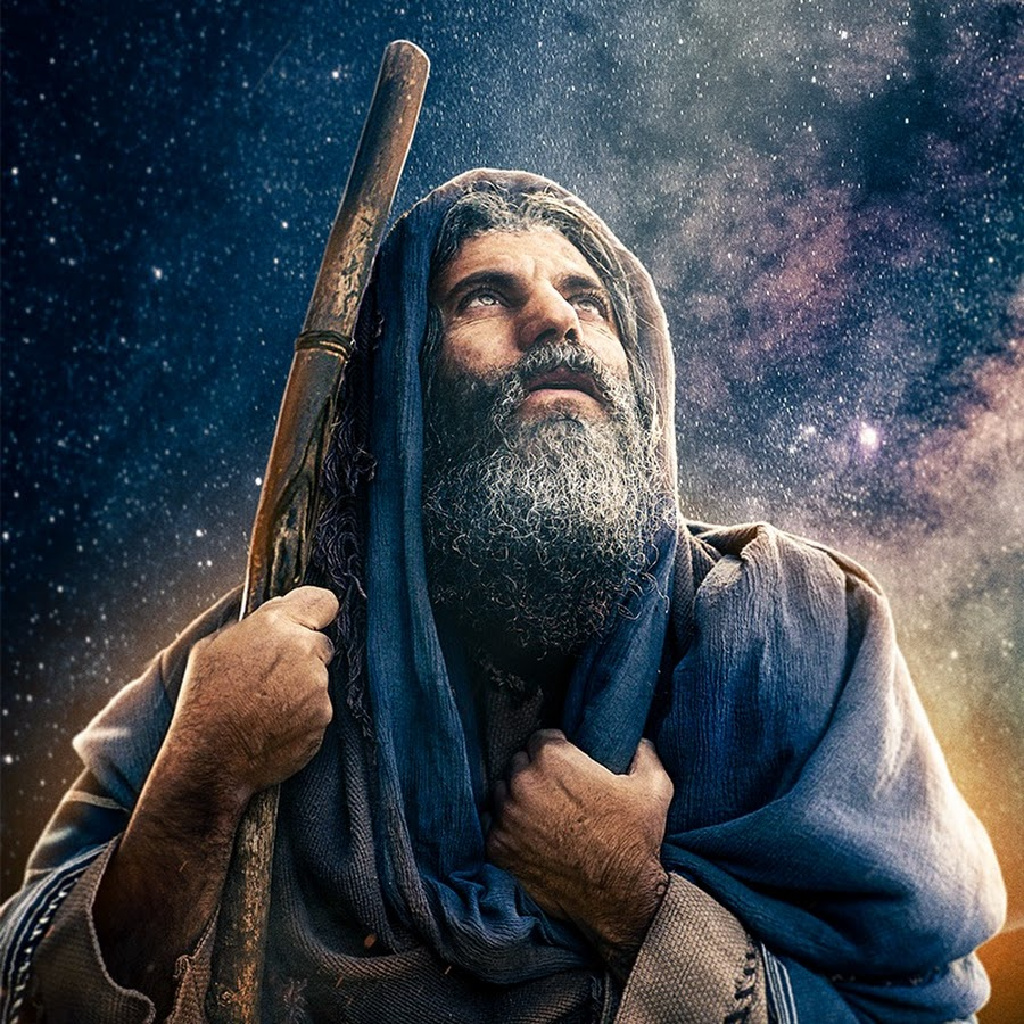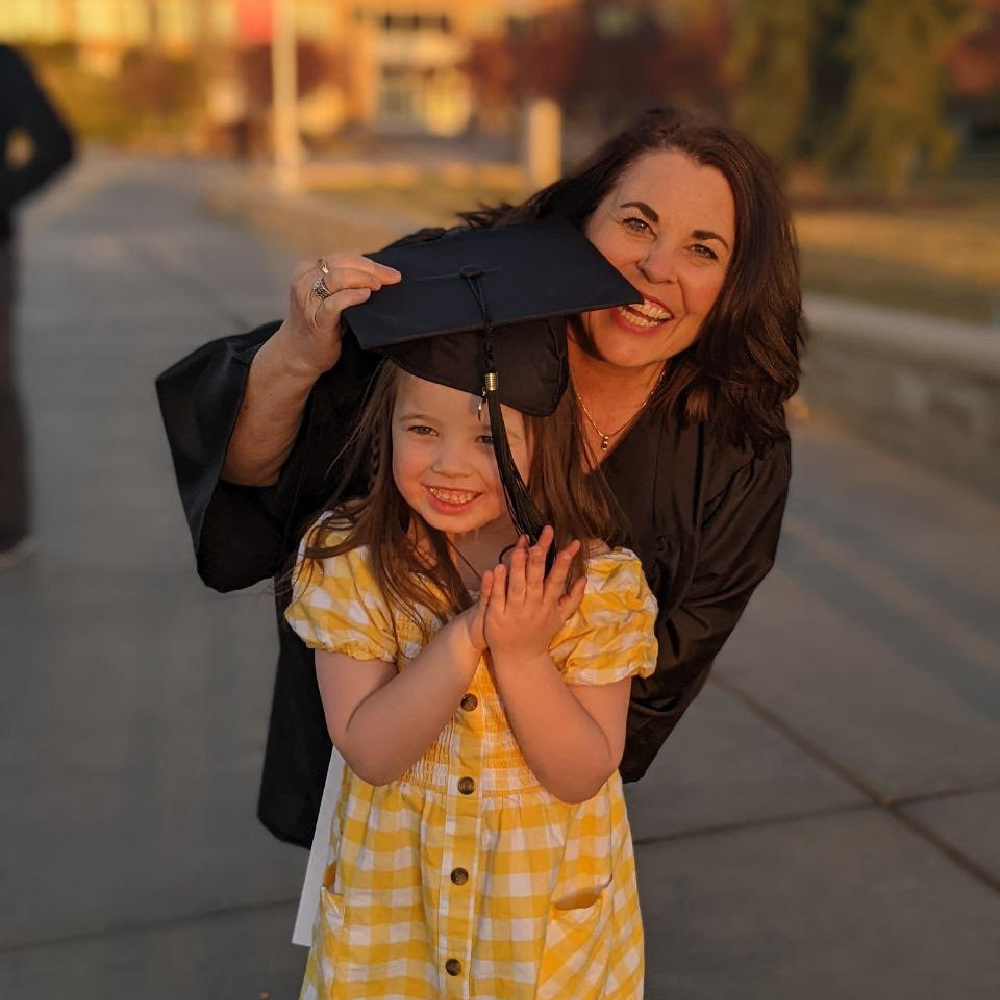
Education Untethered: How Religion is Redefining the Digital Classroom
When faith meets global education, what emerges? BYU-Pathway Worldwide showcases a mission-driven approach, redefining modern pedagogy and making learning a spiritual journey.

When faith meets global education, what emerges? BYU-Pathway Worldwide showcases a mission-driven approach, redefining modern pedagogy and making learning a spiritual journey.

While the Washington Post sheds light on the Church of Jesus Christ’s finances, it overlooks key perspectives, instead allowing our critics to speak for us.

As therapy culture rises in American cinema, “A Million Miles Away” emerges, challenging the status quo. Director Abella portrays José Hernández, emphasizing community and resilience over pop psychology.

Are we becoming what we consume in media? Influencers and opinionators now deeply shape personal beliefs and attitudes, causing a loss of complexity, promoting cynicism, and highlighting the need for civility and peacemaking.

How would it change academic disciplines to draw upon gospel teachings as foundational? Professors at Brigham Young University would like to find out.

What keeps poverty persistent despite government aid? Looking under our welfare myths, we find inefficiencies in welfare programs, challenges faced by the poor, and poorly placed welfare distribution.

Discover how advancements in AI, like ChatGPT, could lead to a renewed interest in humanity’s past and the concept of a creator or God.

Latter-day Saints embrace their roles as online disciples, advocating for love, truth, unity, boldness, and faithfulness in the digital realm.

What is the effect of media violence on children’s mental health? Do today’s current TV and movie ratings help protect children from what research says is a problem, or does it just protect parents’ sensibilities?

Delve into an intriguing journey from the historical ‘Mormon Question’ to the recent ’60 Minutes’ financial allegations. Uncover how media biases shape our perceptions of Latter-day Saints.

Dive into “His Only Son,” a film that explores Abraham’s journey and sacrifice while examining research on the impact of religious devotion to the experience of sacrifice. Engaging and insightful for both believers and film enthusiasts.

Are women of faith included in the celebration of Women’s Month? We should be. BYU-Pathway Worldwide continues a long tradition of helping educate women of faith.